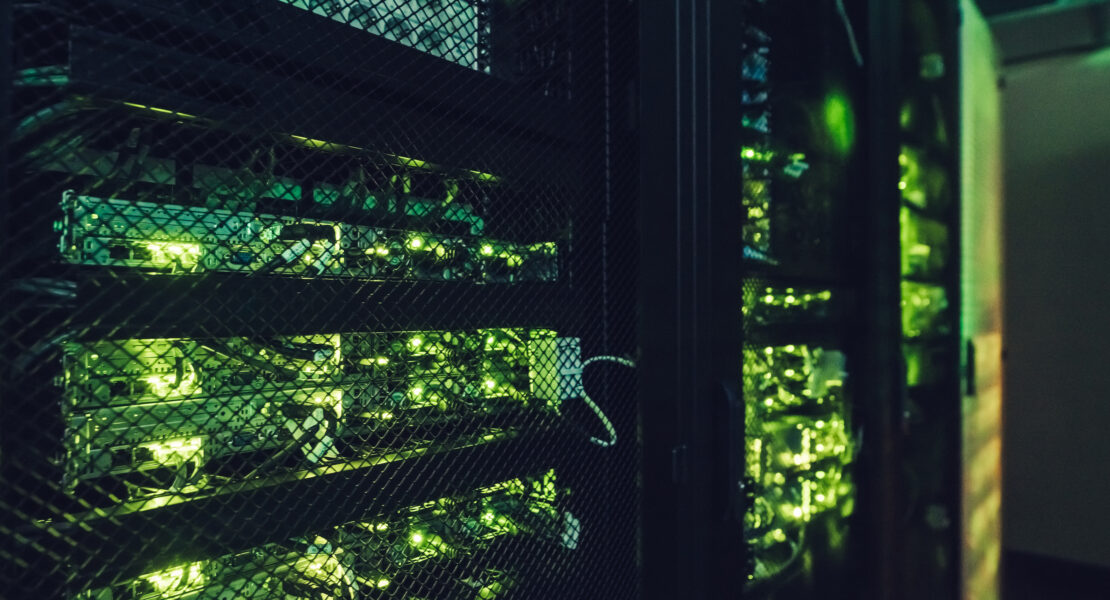The digital platform Ageras A/S (“Ageras”) is a bidding platform which facilitates contact between providers of accounting and bookkeeping services and potential customers. The platform operated with an automatised price standardisation mechanism, in which providers who were bidding for tasks were given an automatic notification, along with the option to adjust the price of their offer, if the offered price was below Ageras’ estimated market price.
The estimated market price was inter alia based on Ageras’ knowledge of the customer’s budget for the assignment and was only visible if the offered price was below this estimated price. The notification appeared, in form of a pop-up window, prior to submitting the offer and informed the provider:
- That the provider’s offer was below the estimated market price.
- That the required service fee would be 30% of the estimated price if the provider decided to continue with the lower price, rather than 30% of the winning offer, as stated in Ageras’ terms and conditions, and
- That the provider could choose to adjust the offer before submitting it to the customer.
The Danish Competition Authority (“DCCA”) concluded that the applied automatised price standardisation mechanism functioned as a signal and a guide, which reduced the uncertainty for the providers on the platform.
Furthermore, Ageras had in several cases informed (by written and telephonic communication) not only the bidding providers, but all providers about the so-called minimum quotes for specific types of assignments ahead of the bidding process, and specifically asked providers on their platform to increase their prices.
Both types of conduct were therefore found to have as their object to coordinate the prices on the relevant market by a systematic standardisation of price, even though the information was not exchanged horizontally, but instead via the platform. The DCCA therefore found that the conduct infringed Article 101(1) TFEU and article 6 in the Danish Competition Act.
Moreover, the effect of this conduct was proven, as it was found, that in a large number of cases the offers on the platform differed less than 1% of the estimated market price.
In June 2020, the DCCA decided to report the case to the State Prosecutor of Serious Economic and International Crime for a criminal prosecution, which lead to the acceptance of the fine on the 9th July 2021.
For more information, please refer to the decision of 30th June 2021 from the Danish Competition and Consumer Authority in Danish here.
For more information please contact Morten Nissen or Alexander Brøchner.




